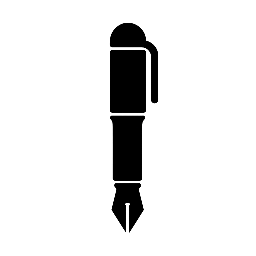Category: Nursing
-
It is necessary for an RN-BSN-prepared nurse to demonstrate an enhanced understanding of the pathophysiological processes of disease, the clinical manifestations and treatment protocols, and how they affect clients across the life span. Evaluate the Health History and Medical Information for Mr. D., presented below. Health History and Medical Information Mr. D. is a 65-year-old…
-
After your group has completed your team charter, each person in your group will then write a 2-3 page reflection paper (not counting cover and reference pages) discussing: (1) what you personally learned from working on developing the team charter; (2) your thoughts on how the process worked within your group; and (3) the advantages…
-
After studying Module 5: Lecture Materials & Resources, discuss the following: A. Of which biological variations among Korean Americans should the nurse be aware? B. Describe how stereotyping Puerto Ricans as similar to other Hispanic Americans can lead the nurse to errors in patient care. C. Describe the geographical location of Jordan, and indicate how…
-
Communication, creativity and decision-making skills are essential to daily life. In this course, you learned about the development of language, types of memory and categorization, and the impact of environmental stimuli has on encoding. For this assignment, you are required to write an 800-1200 word book review essay of a non-fiction or fiction book dealing…
-
Based on your practice exam question results, identify strengths and areas of opportunity and create a tailored study plan to use throughout this course to help you prepare for the national certification exam. This will serve as an action plan to help you track your goals, tasks, and progress. Resources Be sure to review the…
-
Based on your practice exam question results from Week 2, identify strengths and areas of opportunity and create a tailored study plan to use throughout this course to help you prepare for the national certification exam. This will serve as an action plan to help you track your goals, tasks, and progress. You will revisit…
-
Change Agent Assignment: Part II of the Three-Part Course Project (200 points): Now that you have researched your policy, it is time to take the role of a "change agent" and advocate for change by creating a case for your policy recommendations. Create a visual representation of a (one-page) flyer, brochure, or infographic that includes: …
-
Develop a PowerPoint presentation on a Mitral valve prolapse discussed in the McCance & Huether’s Pathophysiology, 9th Edition text book. The presentation must provide information about the incidence, prevalence, and pathophysiology of the disease/disorder to the cellular level. The presentation must educate advanced practice nurses on assessment and care/treatment, including genetics/genomics—specific for this disorder. Patient…
-
Explain how to measure and monitor the quality of care delivered and the outcomes achieved by an Advanced Practice Nurse. post should be at least 500 words, formatted and cited in current APA style with support from at least 2 academic sources
-
Sensory Function: C.J. is a 27-year-old male who started to present crusty and yellowish discharged on his eyes 24 hours ago. At the beginning he thought that washing his eyes vigorously the discharge will go away but by the contrary increased producing a blurry vision specially in the morning. Once he clears his eyes of…
